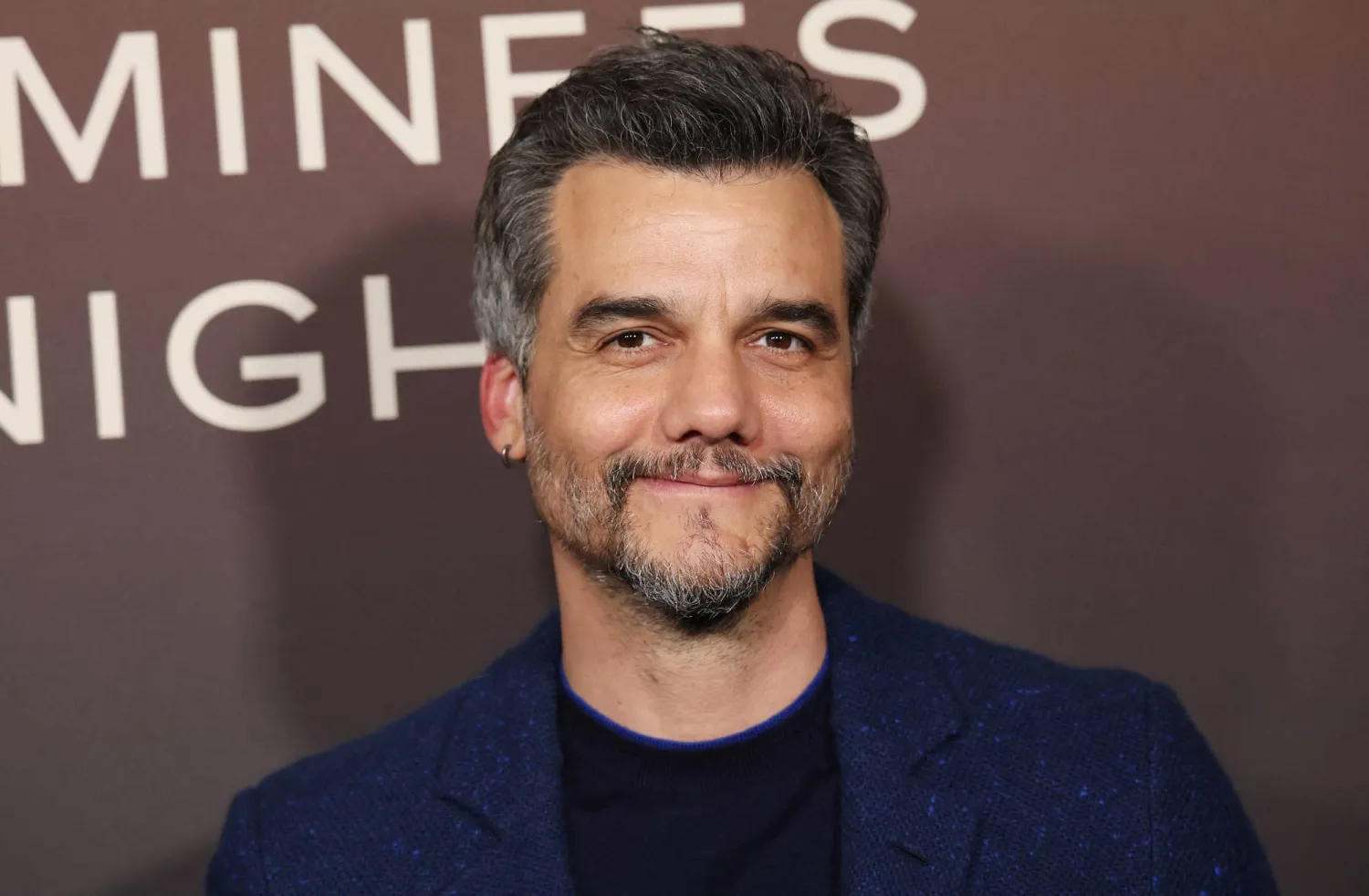Yaphet Kotto, the commanding actor who brought tough magnetism and stately gravitas to films including the James Bond movie “Live and Let Die” and “Alien,” has died. He was 81.
Kotto’s wife, Tessie Sinahon, announced his death Monday in a Facebook post. She said he died Monday in the Philippines. Kotto’s agent, Ryan Goldhar, confirmed Kotto’s death.
“You played a villain on some of your movies but for me you’re a real hero and to a lot of people,” wrote Sinahon.
Standing 6-foot-3-inches, Yaphet Frederick Kotto was a regular and compelling presence across films, television and Broadway beginning with the films “Nothing But a Man” (1964) and “The Thomas Crown Affair” (1968).
He made his stage debut in a Boston production of “Othello.” In 1969, he replaced James Earl Jones in the Pulitzer-winning “The Great White Hope” on Broadway. His big-screen breakthrough came as Lieutenant Pope in 1972′s “Across 110th Street.”
Raised in the Bronx and a descendent of Cameroonian royalty on his father’s side, Kotto was best known for his infuriated FBI agent in “Midnight Run” who has his badge stolen by Robert De Niro, the James Bond villain Mr. Big in “Live and Let Die” and the technician Dennis Parker in 1979’s “Alien.”
“He’s one of those actors who deserved more than the parts he got,” wrote director Ava Duvernay on Twitter. “But he took those parts and made them wonderful all the same.”
Kotto was nominated for an Emmy for his performance as Ugandan dictator Idi Amin in the 1977 television movie “Raid on Entebbe.” In Paul Schrader’s 1978 “Blue Collar,” about Detroit auto workers, he starred alongside Richard Pryor and Harvey Keitel as the ex-convict Smokey James.
Kotto also co-starred in the 1987 Arnold Schwarzenegger action film “The Running Man” and played Al Giardello from 1993 to 1999 on the NBC series “Homicide: Life on the Street.”
“Memories and respect for Yaphet Kotto, whose film career was legend even before he came to Baltimore to grace our television drama,” said David Simon, author of the book that launched the “Homicide” show. “But for me, he’ll always be Al Giardello, the unlikeliest Sicilian, gently pulling down the office blinds to glower at detectives in his squadroom.”
Kotto sometimes struggled with being typecast as a detective, and he lamented how many of his characters died in the end.
“I’m always called powerful, bulky or imposing,” Kotto told the Baltimore Sun in 1993. “Or they say I fill up a room. I’m a 200-pound, 6-foot-3-inch Black guy. And I think I have this image of a monster. It’s very difficult.”
“I want to try to play a much more sensitive man. A family man,” he added. “There is an aspect of Black people’s lives that is not running or jumping.”
Kotto is survived by his wife and six children.









